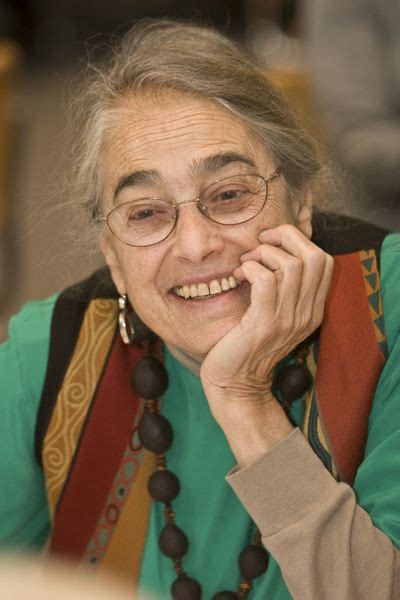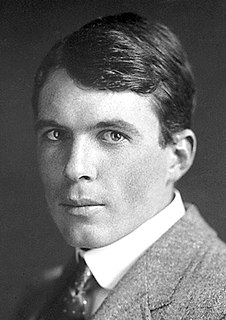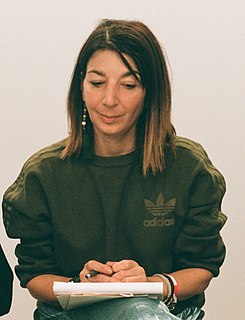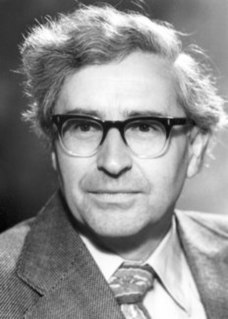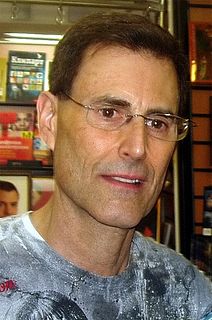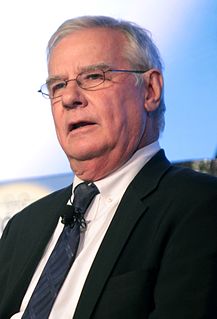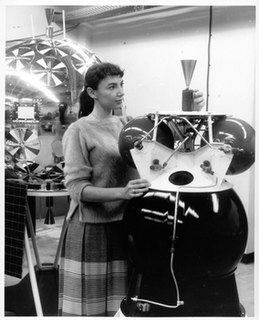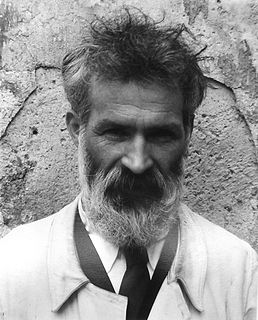A Quote by Willard Wigan
People find it very, very difficult to believe what I've done. Scientists have seen my work and they can't explain it. Even nano-scientists have seen it and been totally shocked. But if any man on Earth wants to challenge me, I'm ready. Bring it on.
Related Quotes
Scientists are people of very dissimilar temperaments doing different things in very different ways. Among scientists are collectors, classifiers and compulsive tidiers-up; many are detectives by temperament and many are explorers; some are artists and others artisans. There are poet-scientists and philosopher-scientists and even a few mystics.
I believe in truths, but I don't believe in the Truth. Furthermore, I think that vision of an underlying Truth, with as capital T, that scientists are privy to, has been a very counterproductive vision. It has served scientists very well, but what it has done, above all, is encloses the world of science and immunize it from criticism.
I feel very strongly indeed that a Cambridge education for our scientists should include some contact with the humanistic side. The gift of expression is important to them as scientists; the best research is wasted when it is extremely difficult to discover what it is all about ... It is even more important when scientists are called upon to play their part in the world of affairs, as is happening to an increasing extent.
People often think of artists and scientists as being diametrically opposed, but we both believe something is possible. We have a hypothesis and then we do everything to make it possible, but we don't know if it's possible! All the scientists I've worked with have a natural, easy fit with me. The solutions they find are truly creative. All scientists, in some way, are artists.
It is surprising that people do not believe that there is imagination in science. It is a very interesting kind of imagination, unlike that of the artist. The great difficulty is in trying to imagine something that you have never seen, that is consistent in every detail with what has already been seen, and that is different from what has been thought of; furthermore, it must be definite and not a vague proposition. That is indeed difficult.
Climate science has been targeted by a major political movement, environmentalism, as the focus of their efforts, wherein the natural disasters of the earth system, have come to be identified with man's activities - engendering fear as well as an agenda for societal reform and control... This greatly facilitates any conscious effort to politicize science via influence in such bodies where a handful of individuals (often not even scientists) speak on behalf of organizations that include thousands of scientists, and even enforce specific scientific positions and agendas.
The big question that scientists haven't even begun to get an answer for is how many species of microorganisms are there? Now, this is not stamp collecting. What we need is experts totally devoting their research to everything they can find out about every species, in a community of scientists who appreciate that every fact counts...everything new you learn about any species in any group is worth publishing somewhere.
The conference also has a moral duty to examine the corruption of science that can be caused by massive amounts of money. The United States has disbursed tens of billions of dollars to climate scientists who would not have received those funds had their research shown climate change to be beneficial or even modest in its effects. Are these scientists being tempted by money? And are the very, very few climate scientists whose research is supported by industry somehow less virtuous?
Historians of a generation ago were often shocked by the violence with which scientists rejected the history of their own subject as irrelevant; they could not understand how the members of any academic profession could fail to be intrigued by the study of their own cultural heritage. What these historians did not grasp was that scientists will welcome the history of science only when it has been demonstrated that this discipline can add to our understanding of science itself and thus help to produce, in some sense, better scientists.


